Understanding the Nature of Challenges
Challenges are an inherent aspect of the human experience, manifesting in various forms throughout an individual’s life. These challenges can broadly be categorized into personal, professional, and emotional obstacles, each carrying distinctive implications for one’s growth and transformation. Personal challenges often stem from internal conflicts, health-related issues, or relational difficulties, which can evoke feelings of isolation and vulnerability. On the other hand, professional challenges may arise from workplace dynamics, career transitions, or shifts in market demands, often leading to stress and anxiety. Emotional challenges frequently intertwine with personal experiences, manifesting as feelings of fear, doubt, or frustration, which can significantly impact mental well-being.
The moment individuals encounter these challenges, they might initially perceive them as insurmountable hurdles. The weight of these obstacles can be overwhelming, leading to a sense of despair or helplessness. However, it is crucial to recognize that such experiences are not merely setbacks but pivotal moments that hold the potential for growth and transformation. Engaging with challenges can catalyze self-reflection, prompting individuals to reassess their values, ambitions, and coping mechanisms.
Common emotional responses when navigating challenges include anxiety, insecurity, and resistance to change. These feelings can serve as barriers to progress but can also provide insightful clues about underlying issues. The interplay between facing challenges and emotional health is complex; while obstacles can exacerbate feelings of fear and frustration, they can also foster resilience and a renewed sense of purpose. Understanding the multifaceted nature of challenges is essential in embracing them as opportunities rather than impediments. By adopting a mindset that views adversity as a catalyst for transformation, individuals can navigate their life’s journey more effectively and emerge stronger from their experiences.
The Path to Personal Transformation
Personal transformation represents a journey that each individual can embark upon, regardless of the challenges they may encounter. This process often begins with the cultivation of a growth mindset, a term coined by psychologist Carol Dweck, which encourages individuals to see challenges as opportunities for learning and development. By fostering a belief that abilities and intelligence can be developed through effort and perseverance, one opens the door to personal growth and transformation.
In times of struggle, it is essential to recognize the value of seeking support from others. Building a network of friends, family, or mentors can provide the encouragement needed to navigate difficult situations. Engaging with supportive communities, whether in person or online, can create a sense of belonging and serve as a reminder that one is not alone in their journey. The act of sharing experiences can lead to valuable insights and perspectives, further aiding in the transformation process.
Incorporating techniques such as mindfulness and self-reflection is equally important. Mindfulness exercises, such as meditation or deep breathing, can help individuals remain grounded and present, allowing them to better manage stress and anxiety. Meanwhile, self-reflection enables a deeper understanding of one’s thoughts and feelings, facilitating the identification of limiting beliefs and negative patterns. By regularly engaging in self-reflection, individuals can develop a clearer sense of purpose and direction in their lives.
Numerous inspiring examples exist of individuals who have triumphed over significant obstacles, transforming their lives in profound ways. From athletes who have overcome injuries to entrepreneurs who have turned failures into successes, these stories serve as powerful reminders of the potential for change. By adopting a proactive approach and employing the right strategies, anyone can embark on their own path to transformation and emerge resilient and empowered.

Leave a Reply